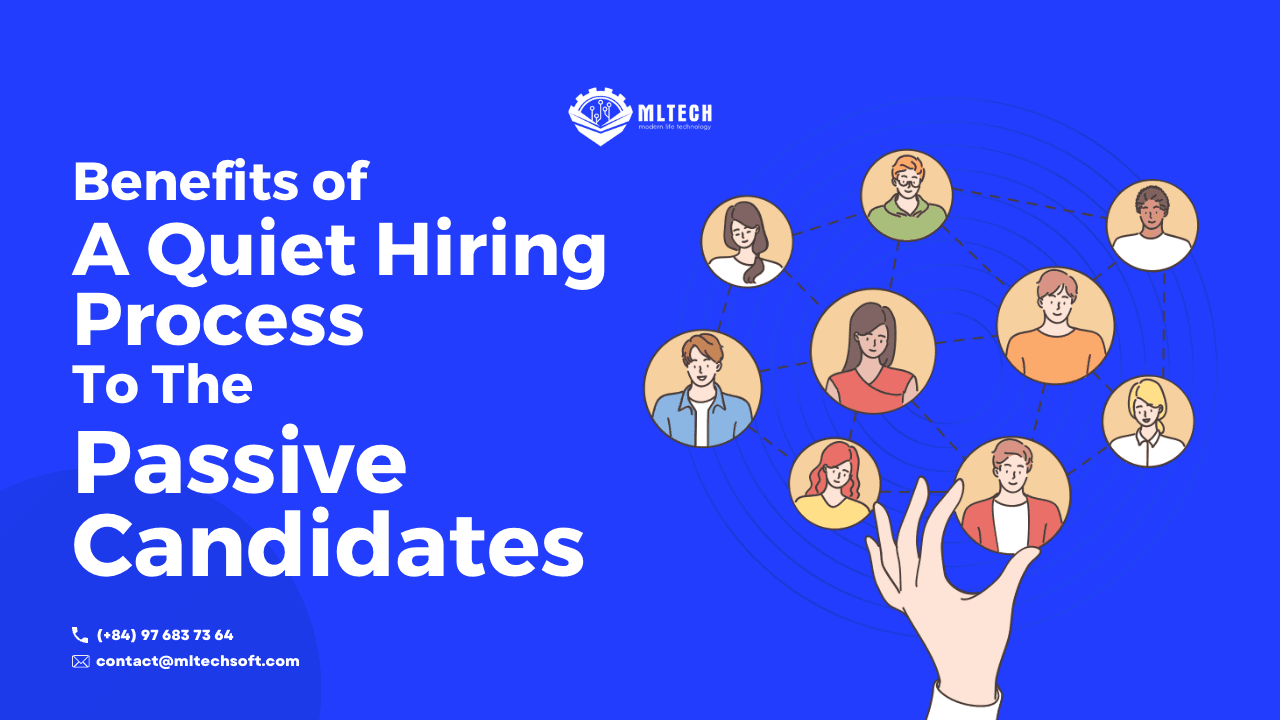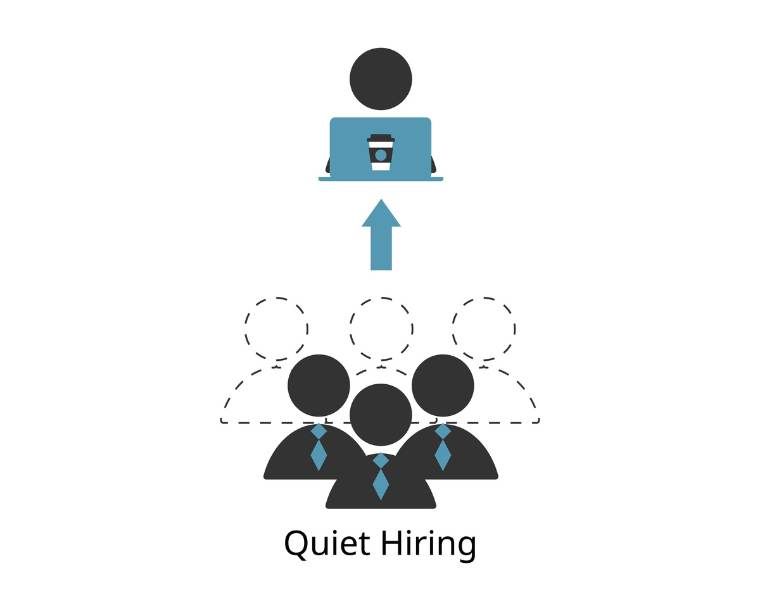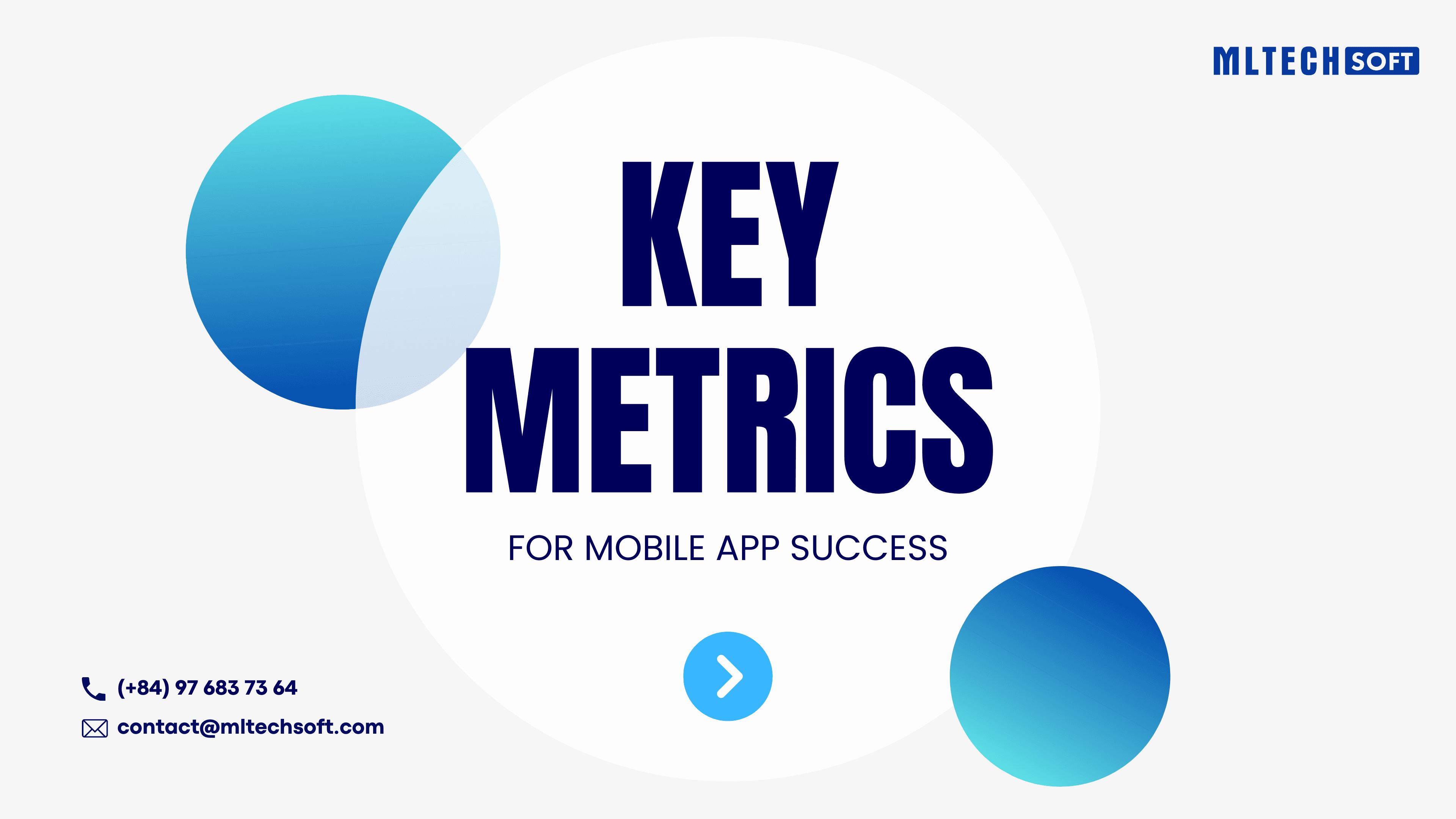Scroll down for more
Benefits of Quiet Hiring Process to The Passive Candidates

The job market is very competitive right now, so companies are always looking for the best people to fill their open positions. While there is a wealth of job seekers actively searching for new opportunities, many of the most qualified and talented individuals are passive candidates who are not actively looking for a new job.
This means that companies need to use different methods to find and hire these passive candidates. One way to do this is to use a quiet hiring process, in which you find, talk to, and hire top talent without telling anyone about the job opening.
No doubt you’ve heard all about “quiet hiring.” Here’s the thing you probably haven’t heard: It could be good for you as an employee—and your employer.
1. How did we end up resorting to "quiet hiring"?
Particularly in light of the fact that staff budgets are being cut due to the economic downturn, businesses are having a hard time keeping and acquiring talent that is in high demand.
But as our economies become more digital, the skills we need will change, so organizations will have trouble finding the right people even when resources aren't as tight. When it comes to securing those in-demand skills, HR leaders will need to be creative.
To find full-time employees with the necessary skills, it's not as simple as paying for them. Smart businesses will look more and more to their own employees for skills, not to take advantage of them but to make sure that the limited talent they have is used where it can have the most impact.
This means making a strategic assessment of the talent available in an organization and making tradeoffs about where the organization can afford to slow down work or cut headcount and where talent is most needed.
Because these are trade-offs, leadership is not simply asking employees to do more; rather, it is making a strategic decision about where talent is most needed and where sacrifices can be made. Employers can redesign roles to make them easier for employees to redeploy to, but there won't always be an obvious pool of talent that can be immediately redeployed to particularly difficult-to-fill positions.

2. To what extent do employees also profit from confidential hiring?
Quiet hiring is more than just a win for the company. It gives employees the chance to work on challenging projects, improve their existing skills, learn new ones, and advance in their careers. In the end, they become more valuable to their current employer and more appealing to potential employers.
Employees who volunteer for these kinds of tasks should still be compensated or rewarded in some way, despite the fact that "quiet hiring" does not prevent them from doing so.
There are also more immediate advantages for employees. Organizations should plan to offer incentives like higher pay, one-time bonuses, more time off, flexible work hours and conditions, and more personal time off in order to get the most out of quiet hiring without losing employees.
3. In what ways does stealth hiring manifest itself?
There will be a few major manifestations of quiet hiring for organizations:
A focus on internal talent mobility to ensure that employees are deployed in accordance with the most important priorities without changing the number of employees. This includes providing new roles and responsibilities with additional benefits or compensation.
A new emphasis on stretch assignments and opportunities for existing employees to improve their skills. This helps employees reach their career goals and meets the changing needs of the organization. It also gives employees a chance to grow.
Utilizing alumni networks and gig workers, for example, are alternative methods of sourcing talent to bring in only when needed.
If they see high-priority roles that they could perform some or all of, employees should be looking for ways to participate in these programs and even requesting opportunities from their employer.

4. Can discreet recruiting be effective in the long run?
Depending on the circumstances and goals of the recruiting effort, recruiting in secret can work in the long run.
Employers usually use discreet recruiting when they want to fill a job without getting a lot of attention or press. This may be because the company is in a sensitive industry or is competing for talent with other companies, or because the position is confidential or requires a high level of discretion. To find candidates in a discreet way, you might use targeted referrals or specialized recruiters with a strong network of contacts.
One benefit of discreet recruiting is that it can help make sure that the best people are considered for a job, even if they are not actively looking for work. This can lead to better hiring decisions and a more effective workforce.
However, there are also some potential drawbacks to discreet recruiting. For example, it may take longer and cost more than other ways to find new employees because it often requires more personal attention and a more thorough search.
Also, if a company doesn't actively market its open jobs, it may be harder to build a strong employer brand and attract top talent.
5. What are some potential pitfalls?
Like any other recruitment method, discreet recruiting has its own set of potential problems that companies should know about before deciding to use it. Some potential pitfalls of discreet recruiting include:
Pool of candidates may be smaller with discreet recruiting because the search is limited to a specific network or group of referrals. This can make it difficult to find the best candidate for the job.
Lack of diversity: Discreet recruiting can also limit diversity because referrals and networks often show who the recruiter or hiring manager knows personally and professionally.
High costs: Discreet recruiting can be more expensive than other recruitment strategies, as it often involves specialized recruiters, targeted advertising, and other high-touch tactics.
Reputation risks: Discreetly hiring people can give the impression that the company is exclusive and secretive, which could hurt the company's reputation and make it harder for it to get the best people.
Legal risks: Discreet recruiting can also lead to legal problems, especially if the company isn't clear about how it hires people or if it treats people unfairly.
Inefficiency: Discreet recruiting may also be inefficient because it takes a lot of time and resources to find and evaluate potential candidates.

6. Here are some tactics for "quiet hiring" that you may find useful.
If a company wants to hire people in a way that doesn't draw attention to itself, it can do so in a number of ways. Here are six potential tactics:
Tap into your network: Reach out to your personal and professional network to identify potential candidates. This can include former coworkers, people you know in the industry, and other people who may know qualified candidates.
Use specialized recruiters: Engage specialized recruiters who have experience and expertise in discreet recruiting. These recruiters may have access to a wider pool of candidates and can help maintain confidentiality throughout the hiring process.
Use social media: Use social media to advertise open positions to a specific group, like a group of people in the same industry or a professional association. This can help attract passive candidates who may not be actively looking for a job.
Offer employee referral incentives: Encourage current employees to refer qualified candidates by offering incentives
7. Concluding Remarks
Companies that want to get the best out of passive candidates may find that a quiet hiring process works best. This method can give companies an edge in the hiring market and lead to better hires and stronger teams in the long run.
By taking advantage of the benefits of a quiet hiring process, companies can improve their strategies for finding new employees and build a stronger, more diverse workforce.
Content
Get our blog
Want the latest and greatest from our blog straight to your inbox? Chunk us your details and get a sweet weekly email.
Read more in our blog

Project Management
The Impact of Dynamic Pricing on Customer BehaviorExplore the impact of dynamic pricing on customer behavior and learn how to implement effective pricing strategies.

Project Management
Focus in Scrum: Keeping Your Team on TrackDiscover effective strategies to maintain focus within your Scrum team, overcome common challenges, and boost productivity.

Project Management
Key Metrics for Mobile App SuccessDiscover the essential metrics for mobile app success, from user acquisition and engagement to monetization and performance.
MLTECH SOFT